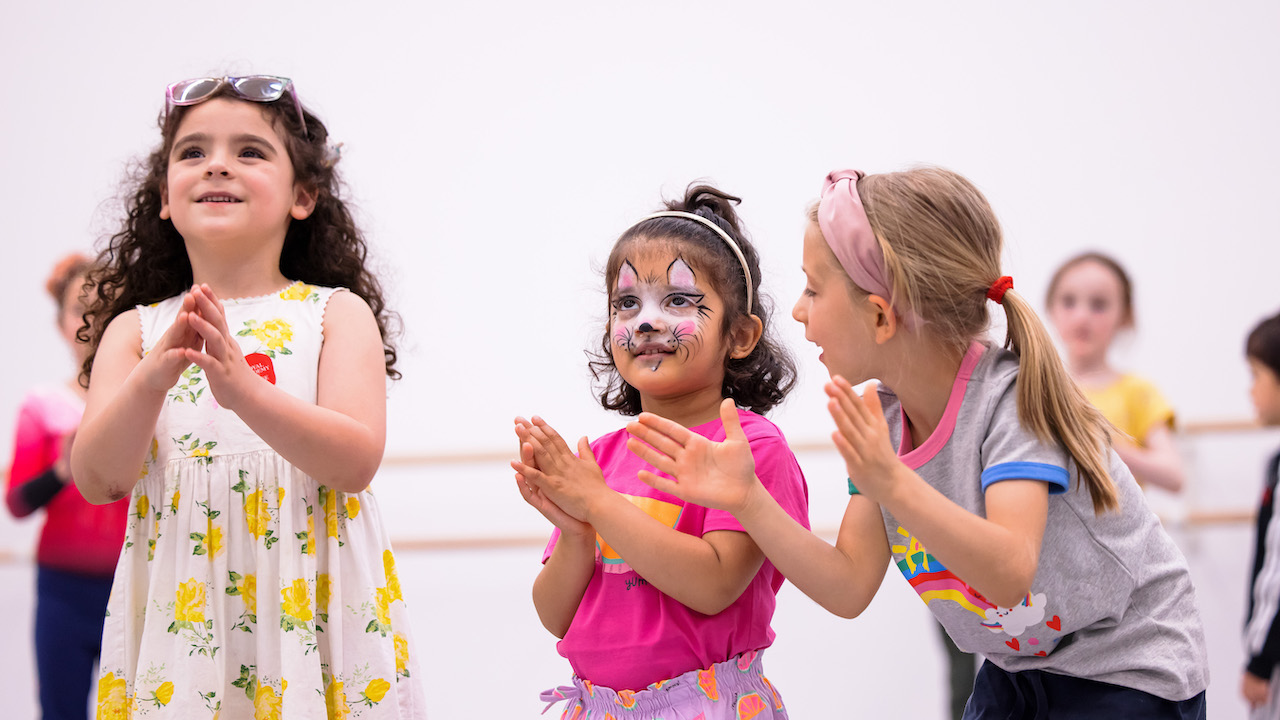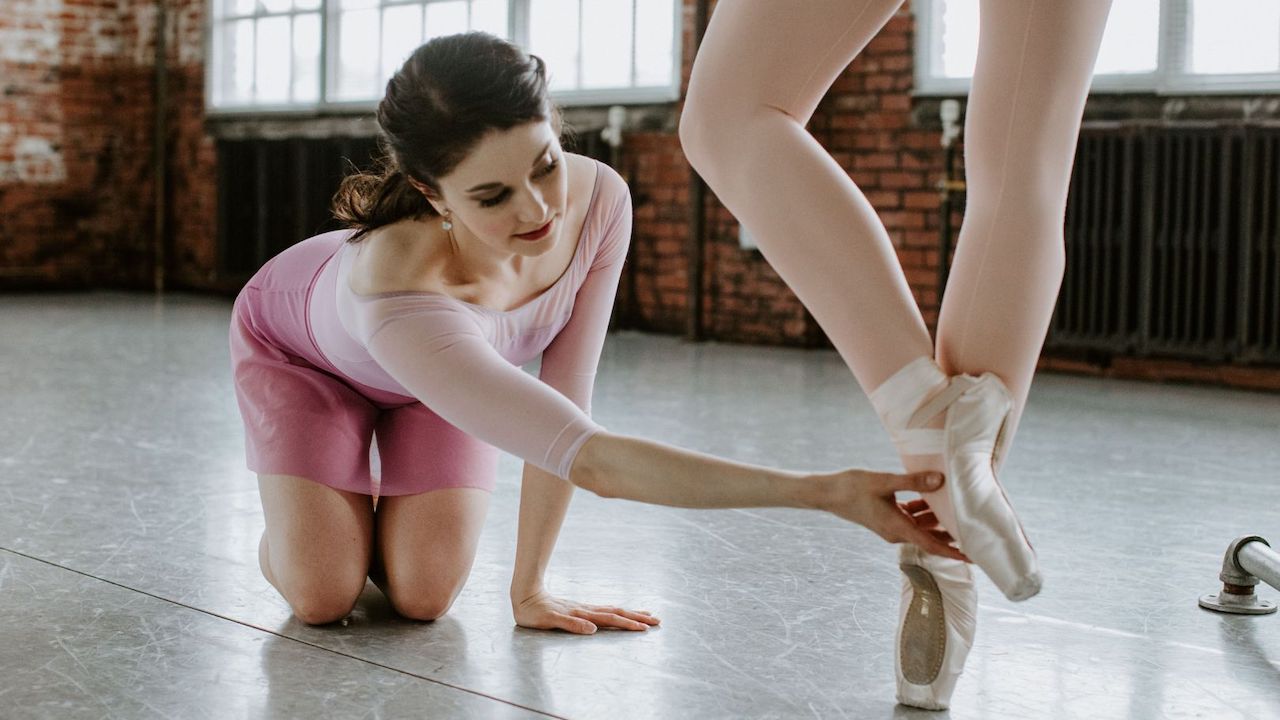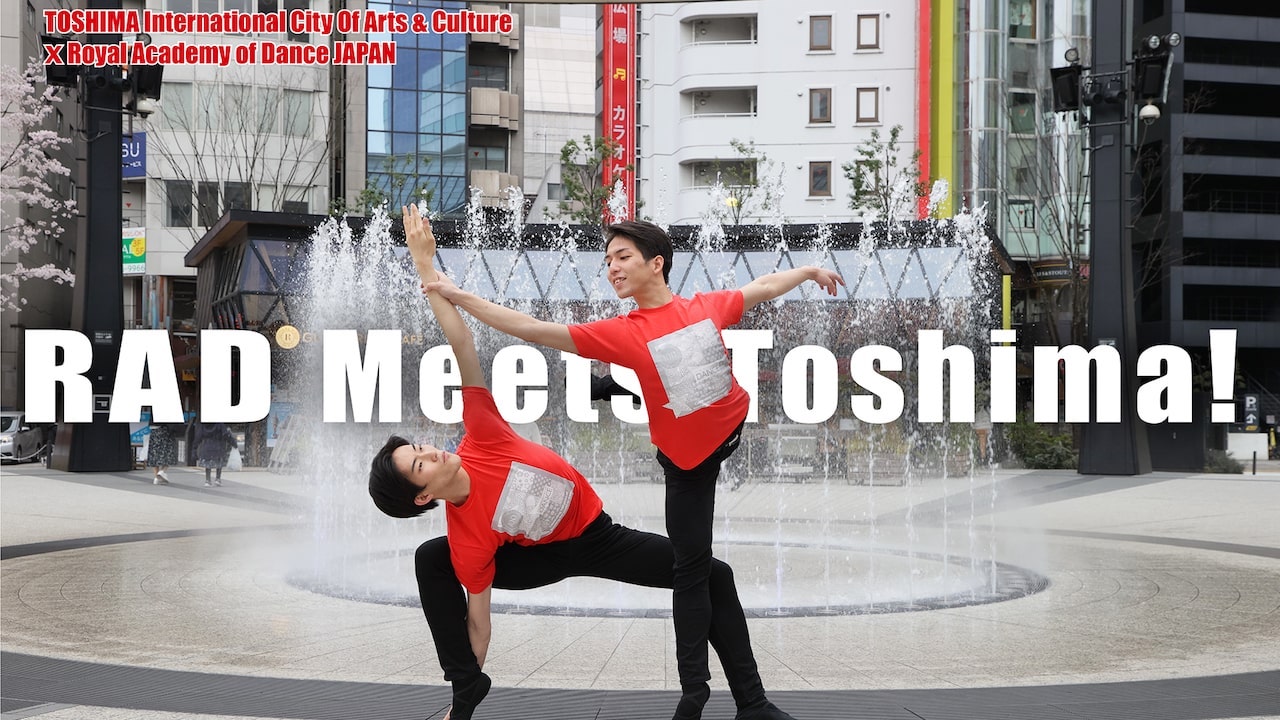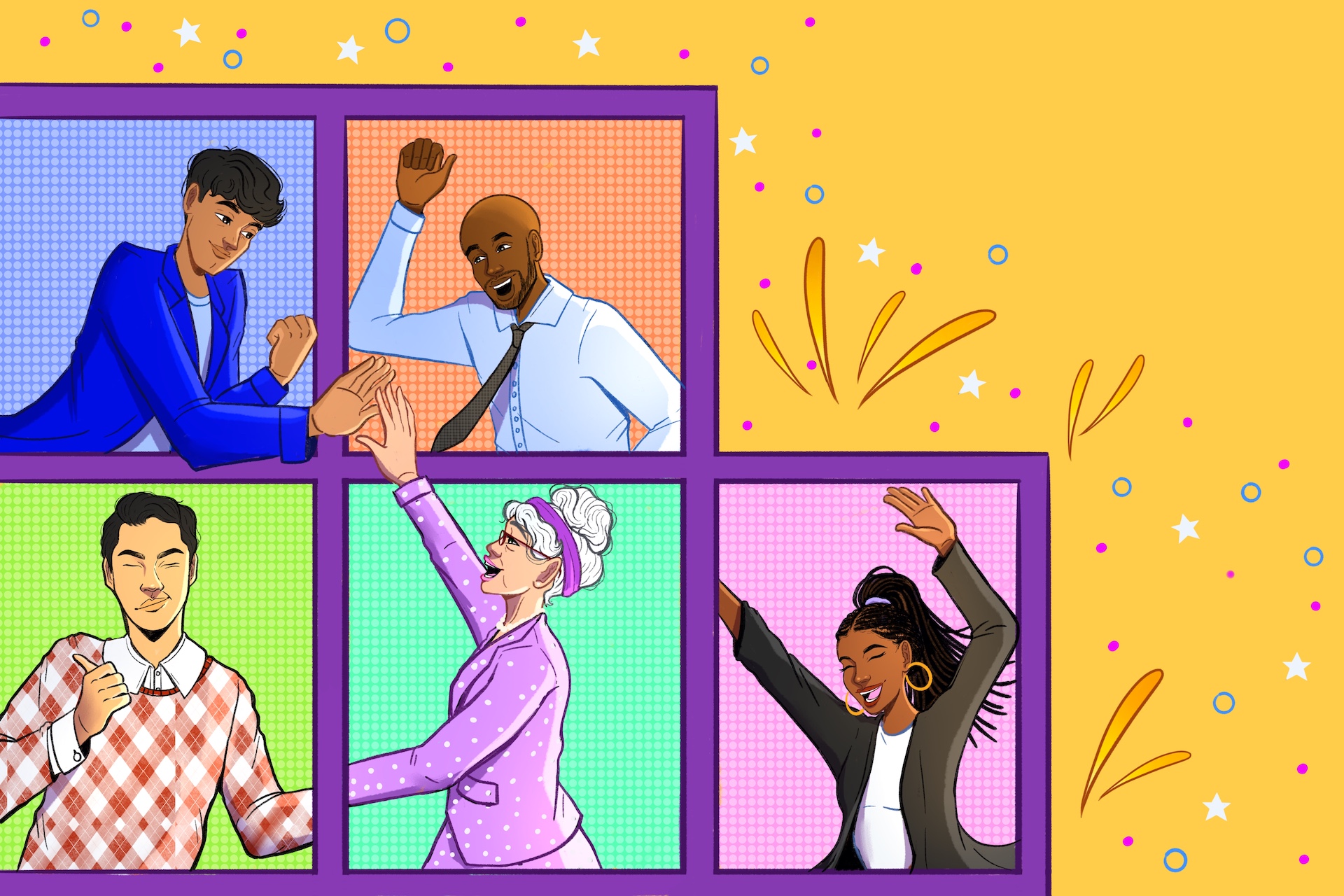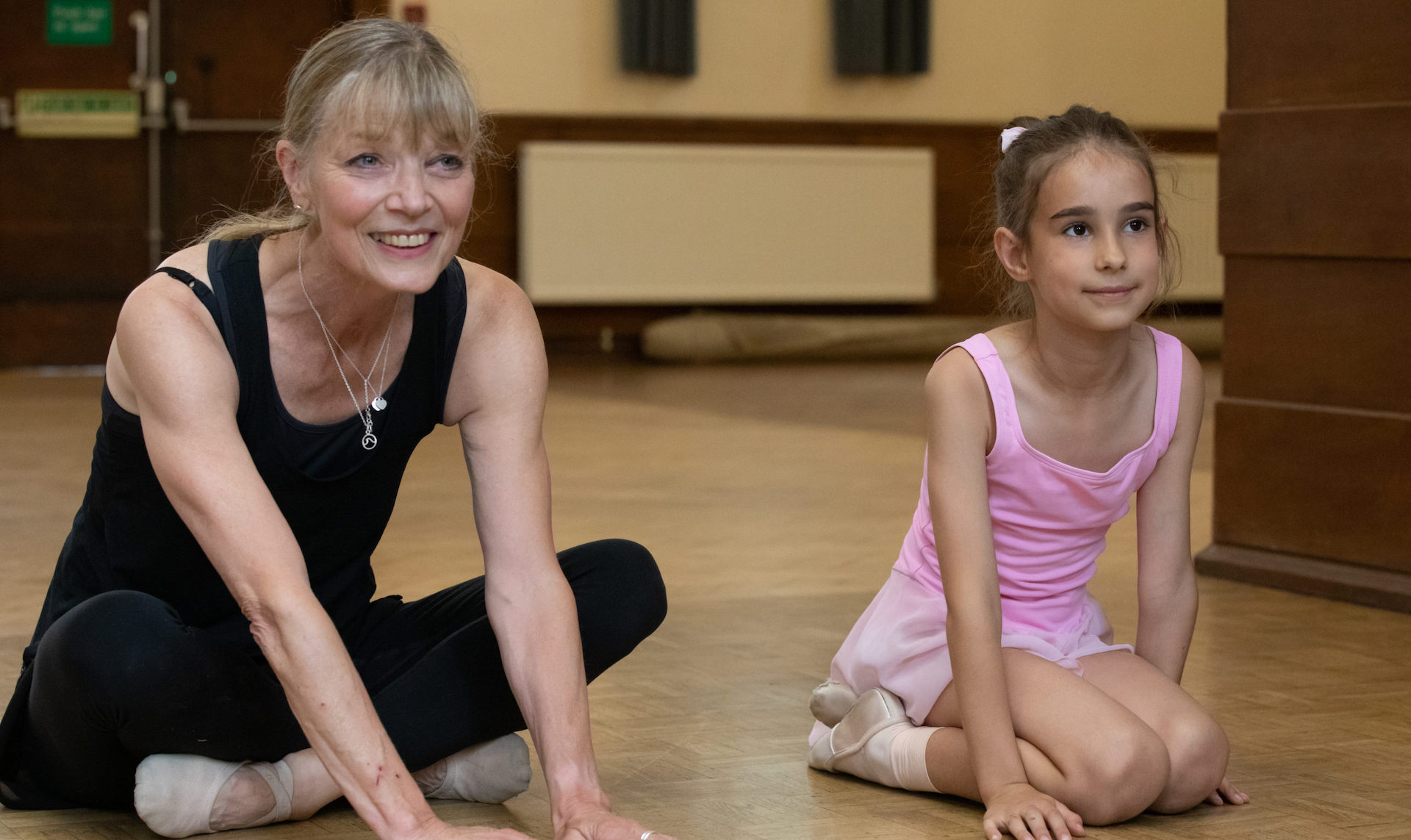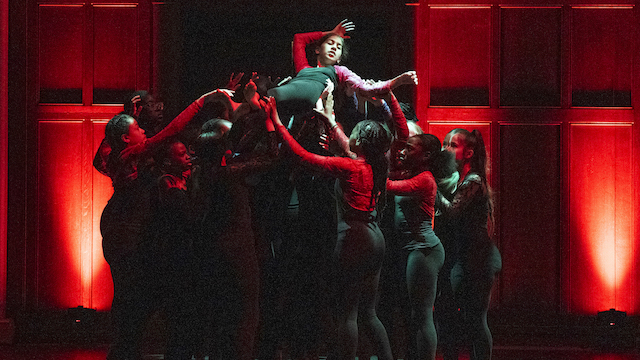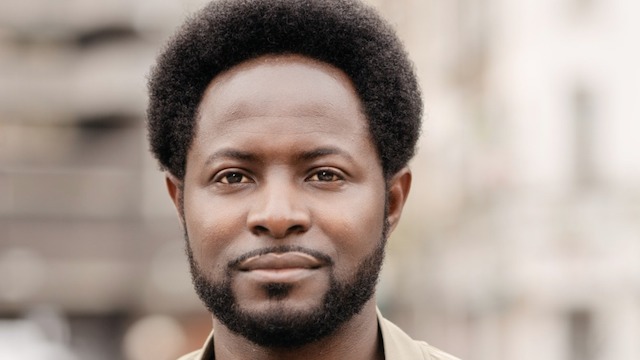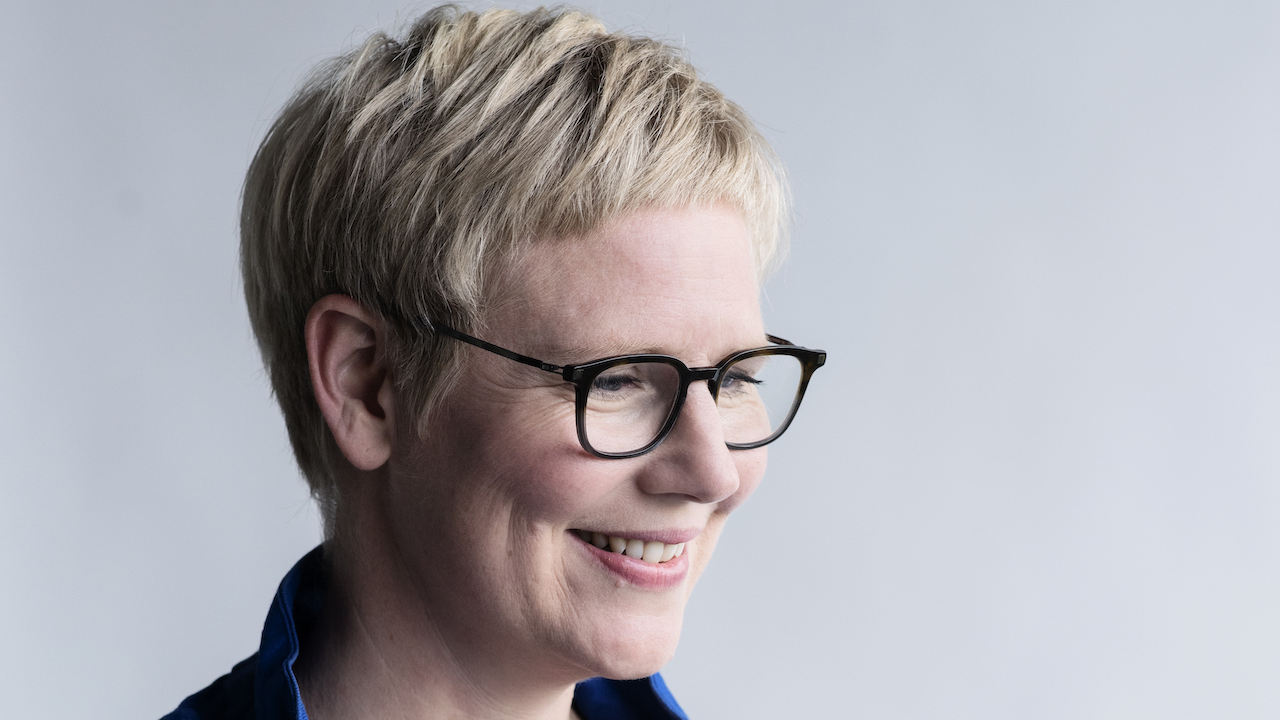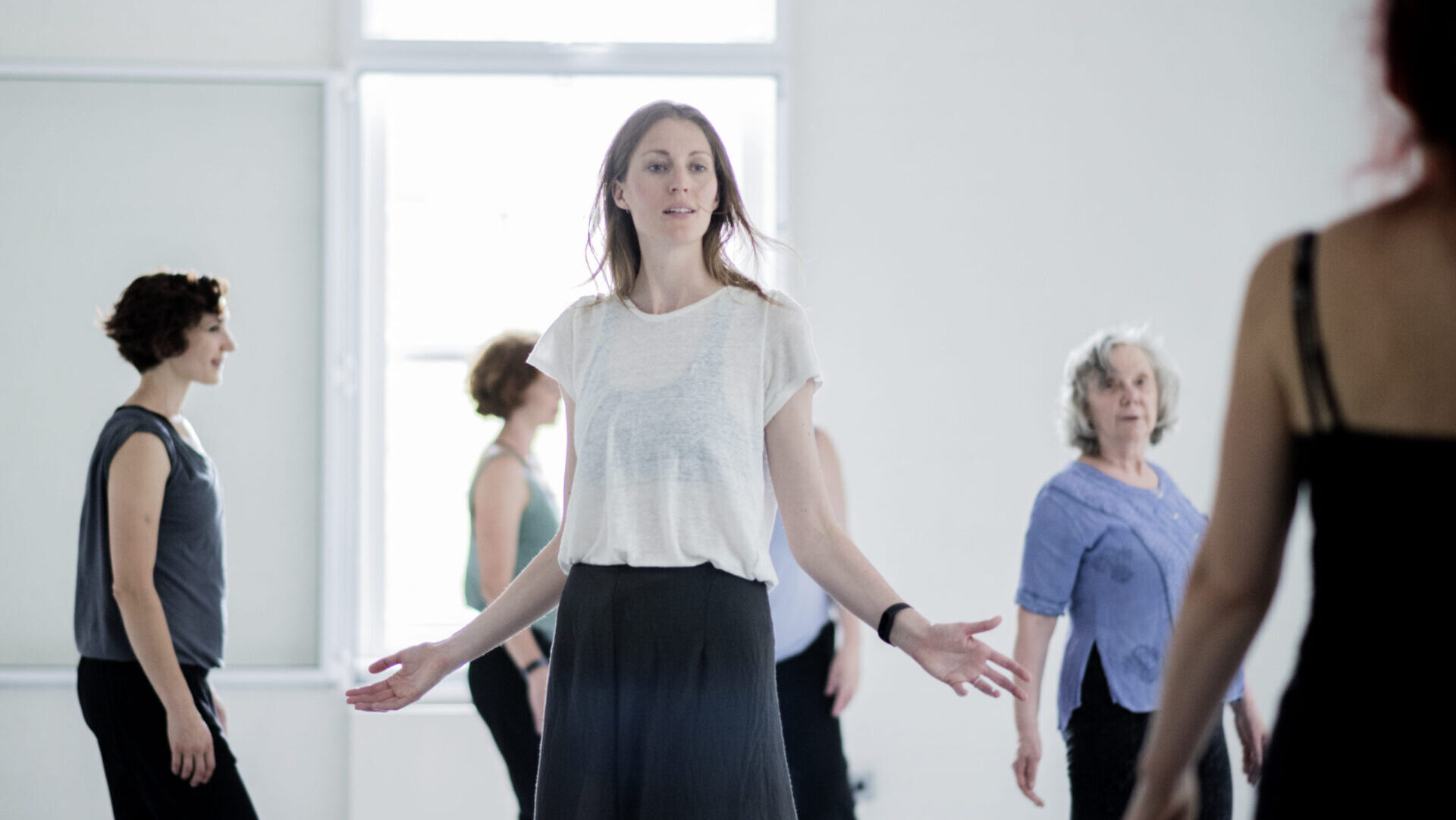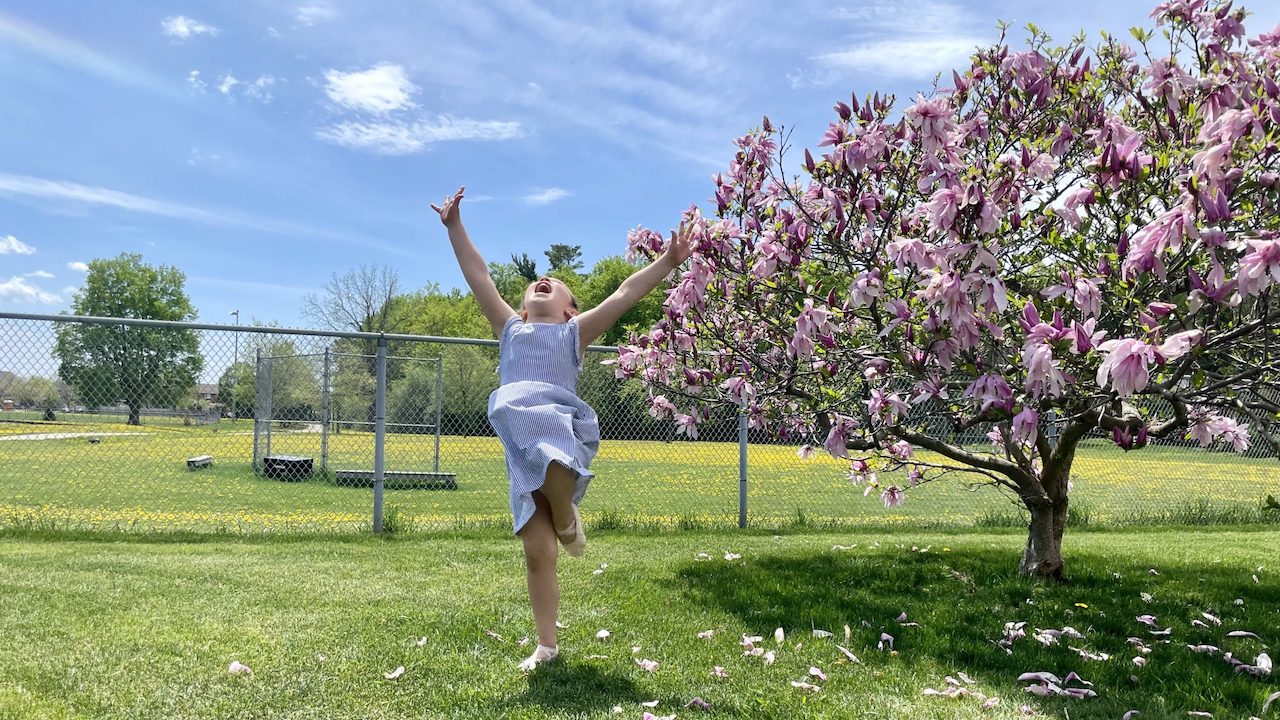As we age, all generations seem to reflect that things were different in their youth. Indeed the speed of technological advances has allowed our world to move much faster, but human achievement and creativity still need to work on a human time scale. Great ideas do not develop overnight nor can they be fully expressed in 280 characters.
Art encourages freedom to make choices, to bring ideas to the fore, to stimulate debate, to challenge and rechallenge and to present alternate views, providing options but not absolutes. This leads to creativity and progress, but can be uncomfortable and scares those who wish to control free thought. Sadly so much art has become co-opted for profit, and original works have become a commodity with skyrocketing prices and reduced accessibility.
As people we have become more conformist: you see the same fashion choices predominate on all continents, our personal expression dictated by what we are told we should look like. Even those who desire to show their individuality tend to follow the same worldwide trends of rebellion.
Coincidently, arts education is disappearing from mainstream schooling, whether in the name of priorities, financial restraint or puritanism, a range of intelligences are now missing opportunities to develop. As a result we produce students who can pass tests in narrow areas of expertise without being able to put that knowledge into context, to really question and develop the ability to think creatively, and to put what they have learnt into practice.
‘As teachers we must inspire the next generation onwards and remain creative. The rewards can be priceless’

We can celebrate that access to arts education has been helped by a rise in programmes in dance, music, visual arts and more, offered by large arts institutions. But for many these are also helpful profit centres to bolster the finances of the parent entity with healthy fee structures that can prove to be a barrier to access. Artistic integrity can also be subordinated by the need to attract and retain students.
Falling government support of arts institutions means that those institutions are ever more pre-occupied with the preservation of their organisation leaving less time and resources to deliver the art they are there to promote.
In order to preserve earned income safer artistic choices often have to be made. The charge that the arts should act more like a business is a scary one to me, who has for my entire life seen creative and affordable solutions grow from artistic necessity.
We all have it in our power to give space for the creative mind to develop, to set aside commercial concerns and reap the rewards of seeing an inspired young mind blossom. To not teach to the test but to teach the person to be the best that they can be, and to express themselves in their voice and not ours. The future of art is literally in our control. As teachers we must inspire the next generation and thus refresh ourselves as to our purpose and to remain creative. The rewards can be priceless.

